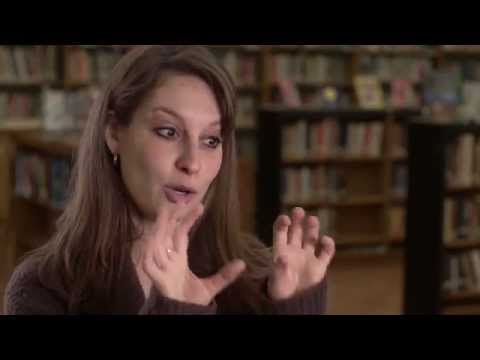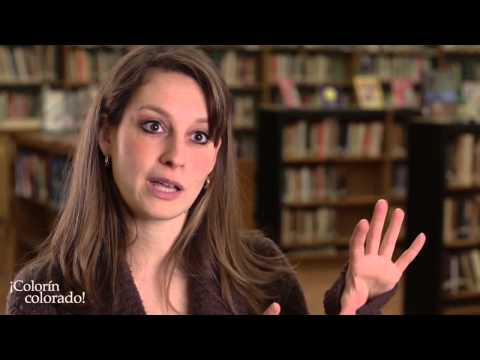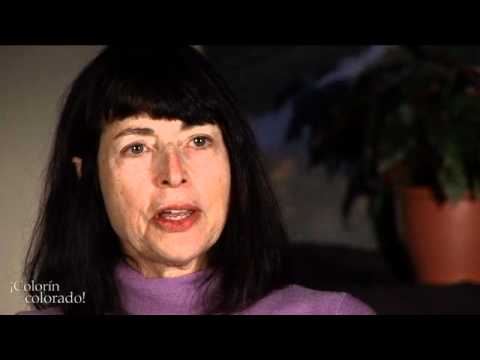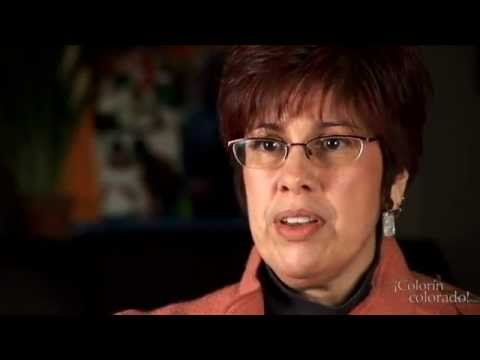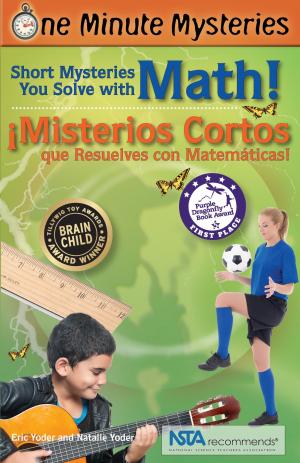Math Instruction for ELLs

Math can be a helpful bridge for English language learners (ELLs) that have studied math in their home countries or in other schools. Nevertheless, some students will have limited math experience, and all ELLs will need practice mastering the language of math and learning how to understand word problems and use language in math class for tasks such as explaining their answers. These resources offer strategies for math instruction at various grade and English proficiency levels.
Featured Articles
- Reading and Understanding Written Math Problems
- Math Instruction for English Language Learners
- Supporting ELL Success with STEAM and Hands-On Learning (Part 2)
- Teaching ELLs to Navigate Textbooks Effectively
- Improving Mathematics Problem Solving Skills for English language learners with Learning Disabilities
Blog Posts
Related Video
Books and Booklists
FAQs
Research and Reports
- Educating English Language Learners: A Review of the Latest Research
- The Social Competence of Latino Kindergartners and Growth in Mathematical Understanding
- Benchmarking the Success of Latina and Latino Students in STEM to Achieve National Graduation Goals
- Accommodations for English Language Learner Students: The Effect of Linguistic Modification of Math Test Item Sets
- Making Math Count More for Young Latino Children
Recommended Resources
Related Projects
Project: Teaching English Learners Early Mathematics (TEEM)
The TEEM vision is to increase the proportion of English Learner (EL) students completing challenging mathematics courses by creating communities of inquiry among students, teachers and school leaders. Students engage in structured inquiry through the use of interactive notebooks in mathematics; teachers improve mathematics instruction by forming communities of inquiry supported by Summer Institutes and Lesson Study; and principals develop as instructional leaders in mathematics. Key strategies include talking through number lessons, lesson study cycles based on strategies commonly used in Japan, and math journals. The project was recently featured in Education Week.

